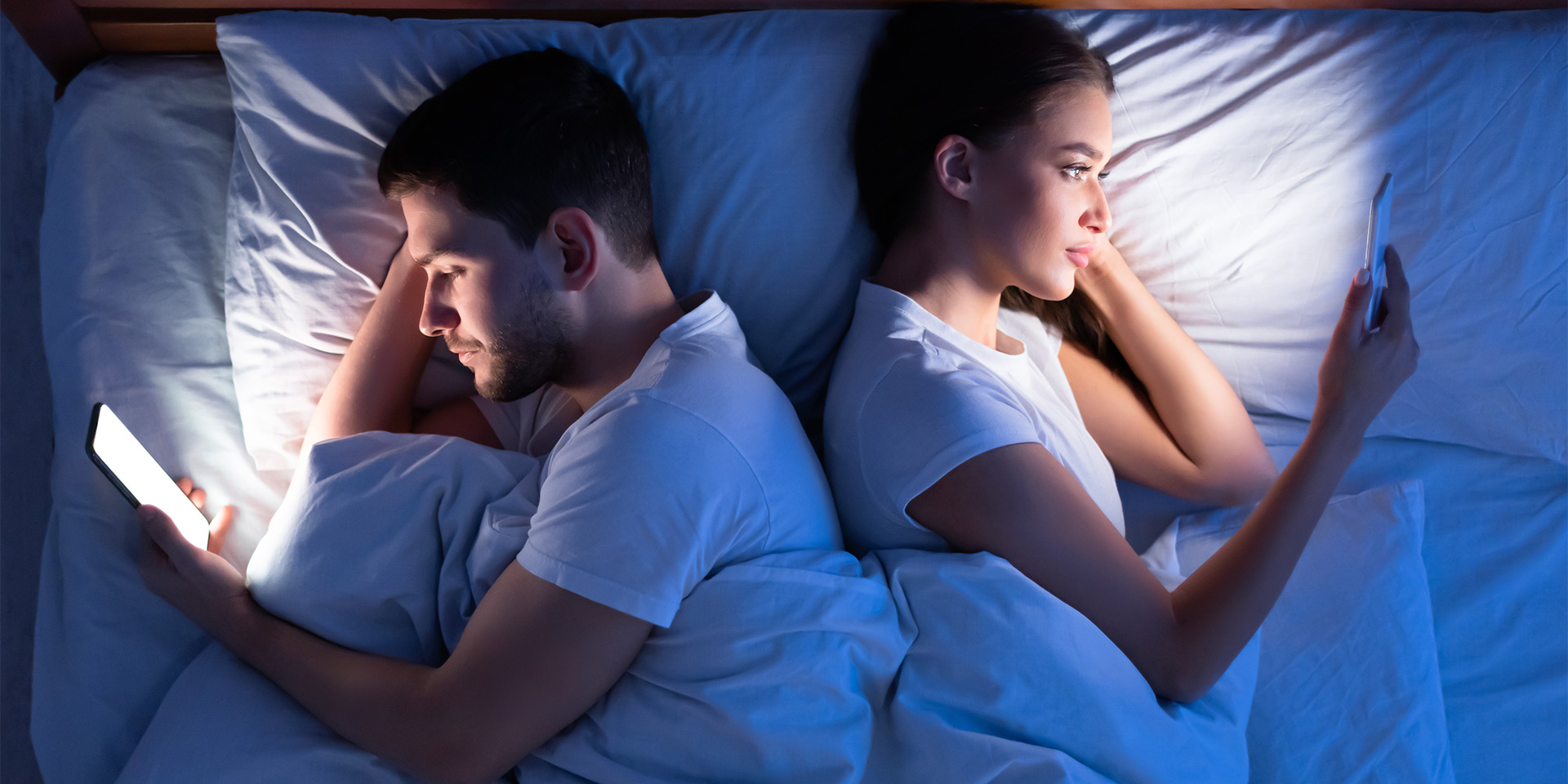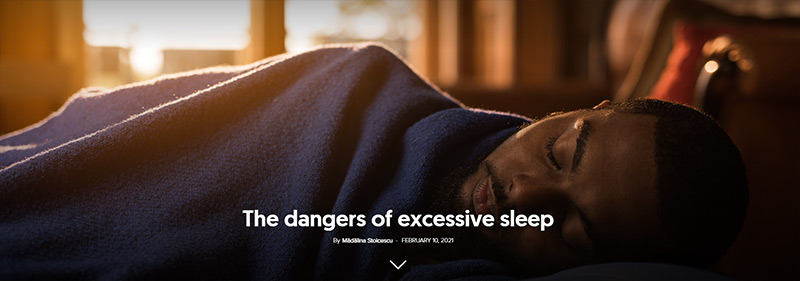The phenomenon of technoference (that is, the daily disturbance people experience due to the use of mobile phones) is becoming more and more prevalent, and researchers at the University of Technology in Queensland warn that as we become more dependent on these devices, we become more tired, more unproductive and unwell.
To see how phones affect our daily lives, researchers studied 700 people between the ages of 18 and 83. Participants provided details about the cost of the monthly subscription, how much time they spend on the phone, whether they talk on the phone or text while driving, etc. According to the researchers, 41% of participants between the ages of 18 and 24 were classified as problematic users of mobile phones, followed by 24% of participants aged 25-19 who fell into the same category.
Excessive use of mobile phones leads to various problems, from muscle aches, attention deficit and anxiety, to loss of sleep and productivity, researchers say. Some of these effects exacerbate each other. One of the most serious problems arising from phone use is the inability to adequately rest at night.
Short waves of blue light, compared to long waves of blue light, and both short and long waves of red light, are the most destructive to sleep, according to a comparative study conducted by the University of Haifa and the Assuta Sleep Center. The blue light emitted by mobile phone screens harms both the quantity and quality of sleep.
Typically, between 9 p.m. and 11 p.m. the pineal gland begins producing melatonin, a hormone associated with sleep cycles. But previous studies have found that blue light with wave lengths of 450-500 nanometers suppresses the production of melatonin in the body. The consequences are twofold. Sleep duration is reduced by an average of 16 minutes per night, but at the same time the body wakes up from sleep 6.7 times a night, without us necessarily being aware of it. At the same time, blue light prevents the activation of the normal mechanism that lowers body temperature during sleep.
“Naturally, when the body moves into sleep it begins to reduce its temperature, reaching the lowest point at around 4:00 a.m. When the body returns to its normal temperature, we wake up. After exposure to red light, the body continued to behave naturally, but exposure to blue light led the body to maintain its normal temperature throughout the night—further evidence of damage to our natural biological clock” explains professor Abraham Haim from the University of Haifa. The simplest solution is to stop using mobile phones at least 2 hours before bedtime. Otherwise, even a 15-minute exposure could impact sleep.


















